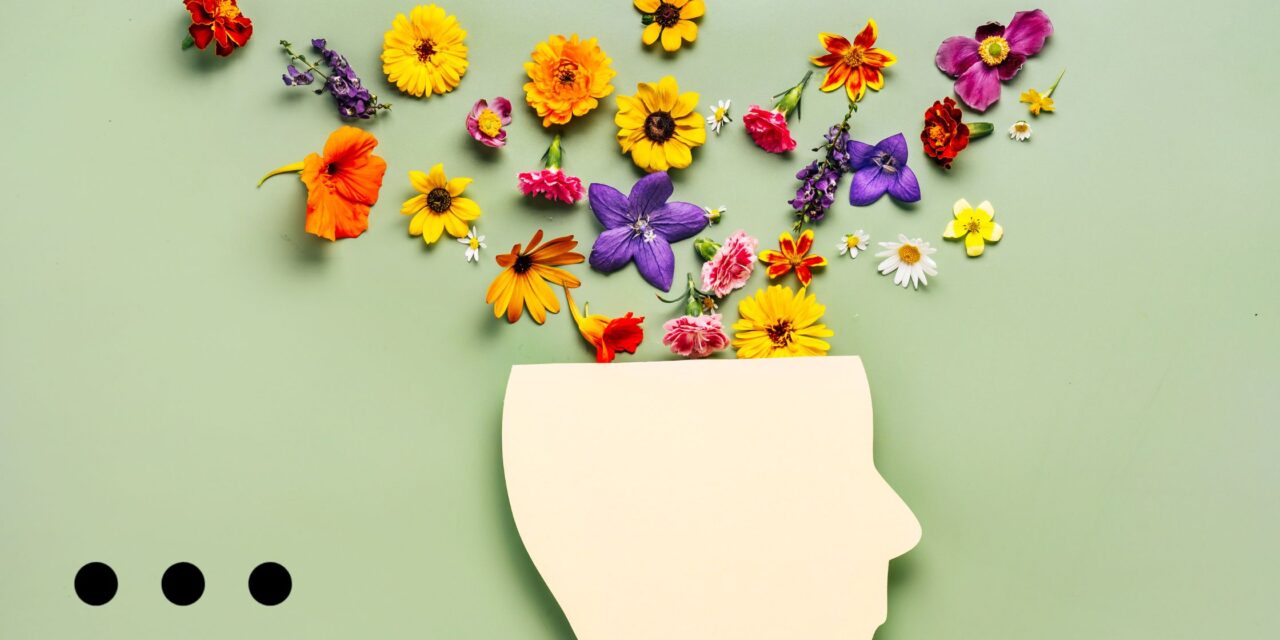Too many people finish their addiction treatment program and leave with the expectation of complete and total abstinence. When they falter, it can lead to feelings of major guilt, shame, and discouragement. But relapse is a normal and natural part of the addiction recovery process. Understanding relapse is important to dealing with this setback in a healthy, nondestructive way. It’s also crucial to having a better understanding of how to prevent a relapse in the future.
What is a drug relapse?
According to the National Institute of Drug Abuse, the definition of relapse is “a return to drug use after an attempt to stop”. As anyone who’s been in recovery can tell you, preventing relapse is much easier said than done.
It’s estimated that 40-60% of addicted persons relapse at some point. While that sounds like a lot, that rate is similar to other chronic diseases (which, in case you weren’t aware, addiction is) like asthma, diabetes, and cancer. No one would say that a person with those diseases “just didn’t want it enough” if they relapsed, and it is unfair to be said about those struggling with addiction.
However, a drug addiction relapse is unique to a relapse of other chronic conditions. Addiction is a disease that interferes with behavior as well as bodily function. Previously addicted persons must actively work to fight cravings and other psychological urges to use the very substance(s) that made them ill, whereas asthma, diabetes, and cancer do not necessarily inflict such behavioral changes.
This key difference is the reason why undoing a dependence on drugs or alcohol is so difficult. As such, relapse prevention is a life-long undertaking (but one that usually gets easier with more time and practice) that’s rooted in recognizing in those physical or psychological cues that make a person want to use again. These are known as triggers, and avoiding them is a vital part of relapse prevention.
3 Ways to Avoid Relapse Triggers
A relapse trigger is something that physically or emotionally reminds a person about their substance abuse. There are two types of triggers: internal and external. Internal triggers are ones that come from within, your feelings and thoughts. External triggers are everything else.
When encountering these people, places, things, or even thoughts associated with old drug-using behaviors, it activates the brain’s expectation to use, which it has become conditioned to through repeated past behavior. Naturally, you’ll want to avoid those triggers, but in order to do so, you’ll need to be able to recognize what they are.
- Establish a routine
Stress and boredom are two big factors that can lead to drug use and also cause a relapse. It’s also part of the reason that structure is an important aspect of addiction recovery, especially during those first few weeks newly sober. Routines provide a sense of control that can be empowering and a great source of motivation and prevent you from having enough time to dwell on the drugs you’re no longer using.
Create a routine that keeps your mind engaged and helps time pass by quickly. Add some healthy new habits like working out and meditating to get even more benefit out of a routine. Try to stick to the same times for meals, waking up, and going to bed.
- Stay away from people or places associated with your old life
Your dealer, friends you know who still use, or perhaps your favorite nightclub where you used to party–all of these should be avoided at all costs. Putting yourself in an environment where drug use may occur is a really bad idea for someone in recovery.
However, sometimes these types of triggers are linked to an emotional state. It could be a person who was a constant source of agitation (like an overbearing parent or an abusive spouse), or perhaps a certain room in the house where you and a loved one got into a particularly bad fight. These people and places should also be avoided, where possible.
To avoid these triggers, make a list of the people and places associated with your drug-using past life. This will give you a solid starting point for a no-contact and no-visit list.
- Tell family and friends that you’re sober
Getting your support network involved is a great way to hold yourself accountable and to have other people support your goal of avoiding triggers. Either the people in your life will actively avoid things, people, or places that could potentially be triggering and they will have your back in helping you to get out of situations where you’re around bad influences.
Get started with your recovery today and find a rehab near you.

